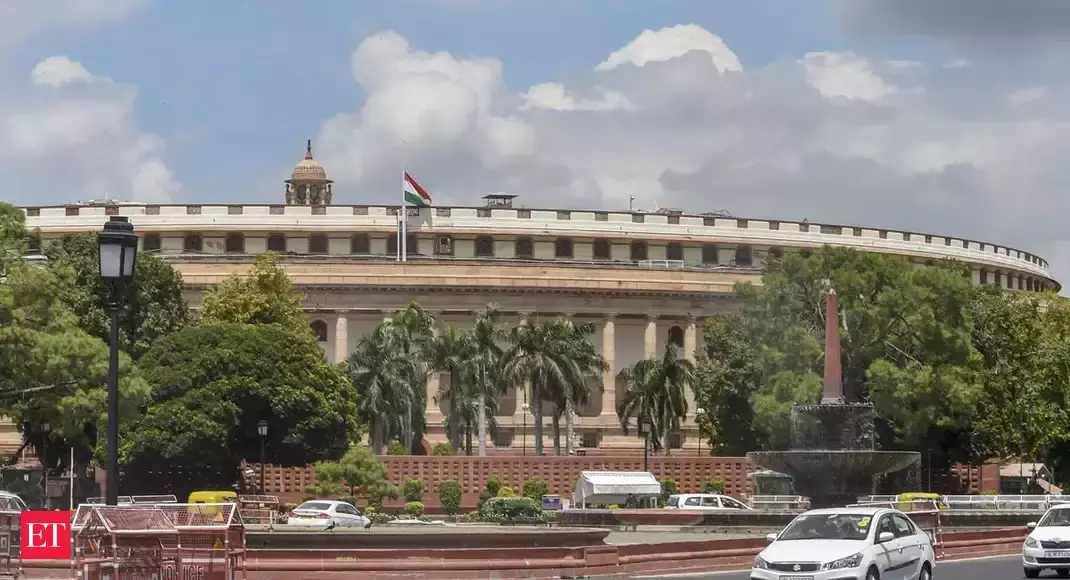Free Courses Sale ends Soon, Get It Now


Free Courses Sale ends Soon, Get It Now



Copyright infringement not intended
About:
Rules on expunging from the Parliamentary record
Unparliamentary expressions:
Way Forward:

© 2024 iasgyan. All right reserved